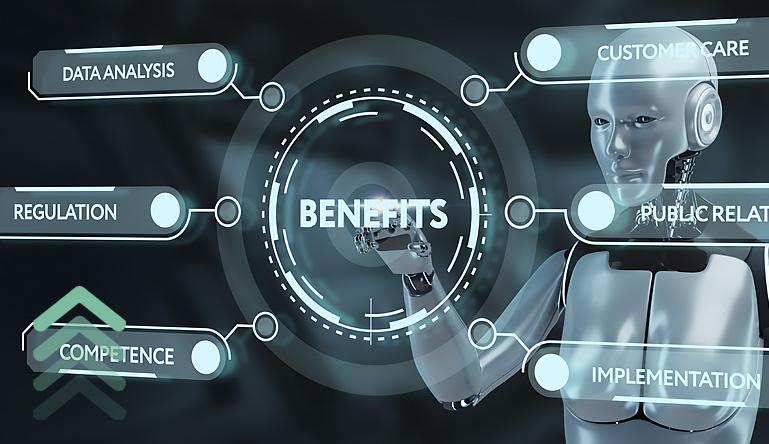-
 Executive Vice President, Catalis Regulatory & Compliance
Executive Vice President, Catalis Regulatory & ComplianceWith decades of experience in regulatory strategy, he brings deep expertise in leading startups, turnarounds, and mature organizations.
View all posts
State workforce agencies are often forced to deal with fraud attempts, persistent backlogs, and overburdened staff – especially since the COVID-19 pandemic. With end-to-end identity proofing and an issue management system, clients can reinvent agency workflows with fully automated processes, with options to let agency staff make final decisions.
Artificial Intelligence (AI) and Machine Learning (ML) can play a significant role in the field of unemployment insurance adjudication. Adjudication is the process of resolving disputes or determining eligibility for unemployment benefits. Here are a few ways AI and ML can be applied in this context:
Eligibility Determination
ML models can consume and train on various data points, such as employment history, income records, job market conditions, and relevant legislation, to determine the eligibility of individuals for unemployment benefits. The training process discovers patterns in historical data that may otherwise go unnoticed by human reviewers. These patterns can be leveraged to provide fast, accurate, and consistent decisions.
Fraud Detection
ML can help identify fraudulent claims by analyzing large volumes of data and detecting suspicious patterns. Models can be trained to flag potential cases of identity theft, false documentation, or other fraudulent activities, allowing adjudicators to focus their efforts on investigating high-risk, high-value claims.
Recovery and Overpayment Prediction
ML algorithms can analyze claimant behavior and historical data to predict the likelihood of overpayments and improper benefit distributions. By identifying high-risk cases early on, recovery efforts can be prioritized, minimizing financial losses to the unemployment insurance system.
Decision Support
ML can provide decision support tools for adjudicators by presenting relevant information, precedents, and case similarities. This assists adjudicators in making consistent and informed decisions, reducing discrepancies, and improving the overall quality of adjudication.
Document Classification and Extraction
AI techniques such as Natural Language Processing (NLP) can be employed to classify and extract relevant information from documents submitted during the adjudication process. For example, models can automatically identify key details from employment contracts, termination letters, or other supporting documentation. This automation streamlines the process and ensures consistent handling of claim-related documents.
Process Efficiency
ML can optimize the workflow and efficiency of the adjudication process by identifying bottlenecks, suggesting process improvements, and automating repetitive tasks. This allows adjudicators to focus on complex cases, reducing processing times, and improving overall productivity.
It’s important to note that while Machine Learning can offer valuable support in unemployment insurance adjudication, it should not replace human judgment entirely. Adjudicators play a crucial role in interpreting complex cases, considering individual circumstances, and making fair decisions. Machine Learning should be viewed as a tool to assist adjudicators, enhance their capabilities, and streamline the process, rather than replacing their expertise.
How Can Catalis Help?
Catalis’ Recovery platform revolutionizes the recovery of improper payments by automating the entire process, from case identification to fund collection, using AI and ML. This advanced solution ensures targeted and focused recovery efforts, saving time and costs for government agencies. Similarly, Catalis’ Resolve platform streamlines 100% of the adjudication process by automating tasks such as fact-finding, analysis, and determination writing, using AI and ML. We understand the crucial role of human review. The Recovery platform can be configured to allow staff to review and approve cases with just one click. Catalis’ automation solutions bring efficiency, accuracy, cost savings, and scalability to recovery and adjudication processes, empowering agencies to optimize resource allocation and make informed decisions with human oversight.
Contact Catalis to learn how our UI solutions can revolutionize your agency’s adjudication process.


